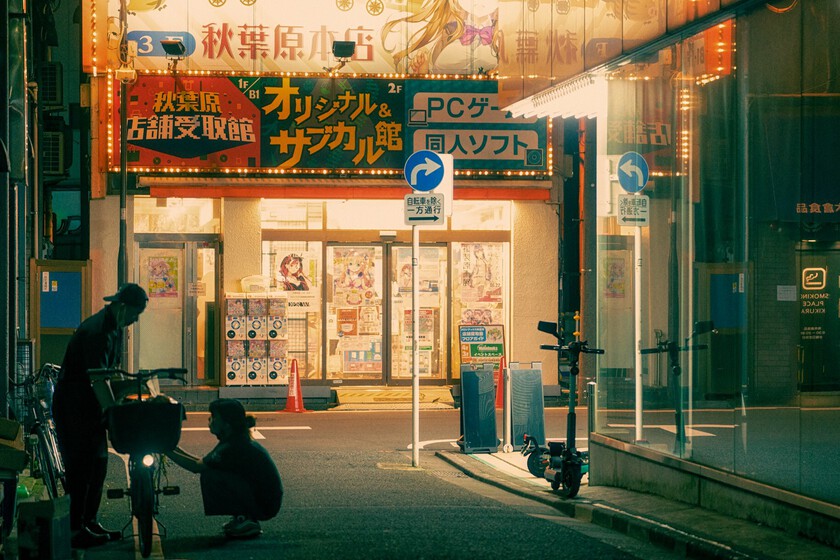“Chinatownification.” According to Nikkei, some of Japan’s most emblematic neighborhoods are undergoing a quiet but radical transformation fueled by China’s growing commercial, visual, and demographic presence. Places like Tokyo’s Akihabara, Ueno’s Ameyoko, and Osaka’s Dotonbori—symbols of modern Japanese identity—are increasingly adopting Chinese aesthetics and business models.
Anime and the otaku economy. In Akihabara, the heart of Japan’s otaku culture, kawaii characters still dominate shop windows and billboards. But now, many of these characters come not from Japanese studios, but from Chinese companies like Shanghai-based Yostar Games, which has taken over key ad spaces such as the entrance to the train station.
Genshin Impact, a global hit developed by miHoYo, frequently appears on massive LED displays. These companies faithfully reproduce the Japanese anime aesthetic, hiring local voice actors and animators to ensure authenticity. Many of Japan’s top creative talents have migrated to Chinese studios offering higher pay, sparking concern within the domestic industry. Even veteran game developers have warned that Japan is losing its competitive edge.
A shift in traditional markets. The change isn’t limited to pop culture. In Tokyo’s Ameyoko shopping street—long known for its fresh fish and New Year’s foods—about 80% of businesses are now owned by Chinese nationals, according to local merchants.
Historic shops have been replaced by Chinese restaurants, grocery stores, and markets selling imported ingredients. In Osaka, Dotonbori has surpassed Ginza and Asakusa as the top tourist destination for Chinese visitors, drawing more than 13,000 people a day.
The district’s signage, menus, and storefronts now reflect a Mandarin-speaking audience. In nearby Shimanouchi, a dense network of Chinese-run businesses—supermarkets, restaurants, pharmacies, and lodgings—has emerged, tailored to a growing Chinese population.
Revitalization of neglected districts. The transformation is especially striking in Nishinari-ku, a district once synonymous with urban poverty and decline. Chinese entrepreneur Lin Chuanlong has opened more than 170 karaoke bars run by Chinese “mamas”—women who host and manage these lively, low-cost venues. The result is a local nightlife boom in a neighborhood that had long fallen silent.
Now dubbed Karaoke Pub Town, the area has become a go-to spot for budget entertainment. Lin, who immigrated from Fujian 30 years ago, has also launched a real estate company and announced plans to build a Chinatown “more attractive than Yokohama or Kobe.” While some longtime residents feel overwhelmed by the pace of change, many credit the revival to this wave of investment and creativity.
A subtle transformation. This isn’t an invasion, but a reconfiguration. Chinese capital, consumer appeal, and cultural adaptability are reshaping how Japanese cities look and function.
In these evolving neighborhoods, what it means to be “Japanese” is no longer tied exclusively to national origin, but to the ability to adapt and coexist within a new, regionally Asian aesthetic. The line between local and foreign is blurring.
And while the signs, sounds, and storefronts may have changed, what’s perhaps more quietly shifting is the collective memory of these spaces. The “Chinatownification” of Japanese culture doesn’t signal its end—but rather its unexpected continuation, no longer under a single flag.
Images | Kevin Pierson (Unsplash) | ayumi kubo (Unsplash)
The post Japan Is Experiencing the Unthinkable in Its Most Emblematic Neighborhoods: The ‘Chinatownification’ of Anime and Video Games appeared first on Xataka On.




